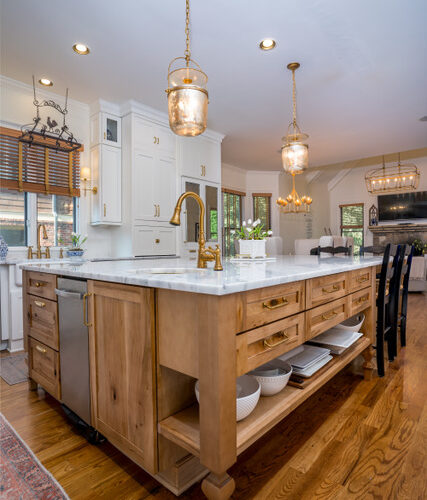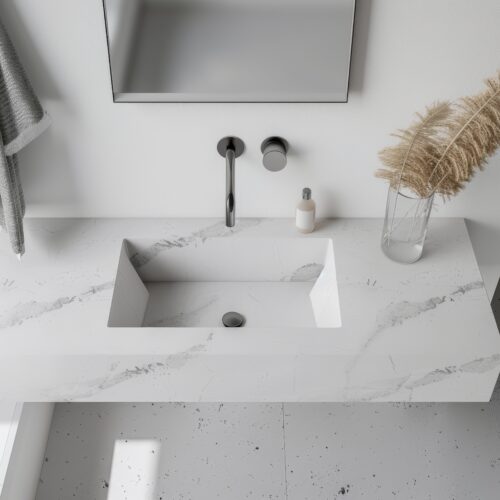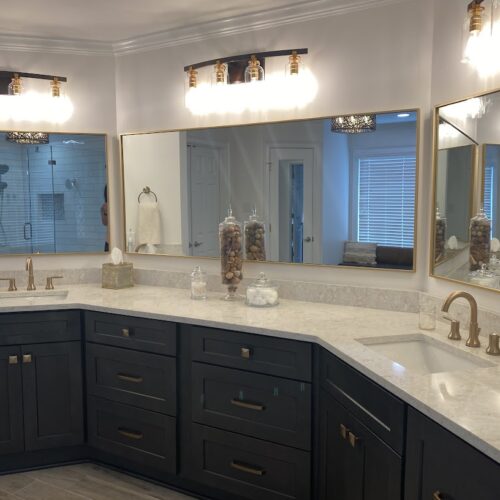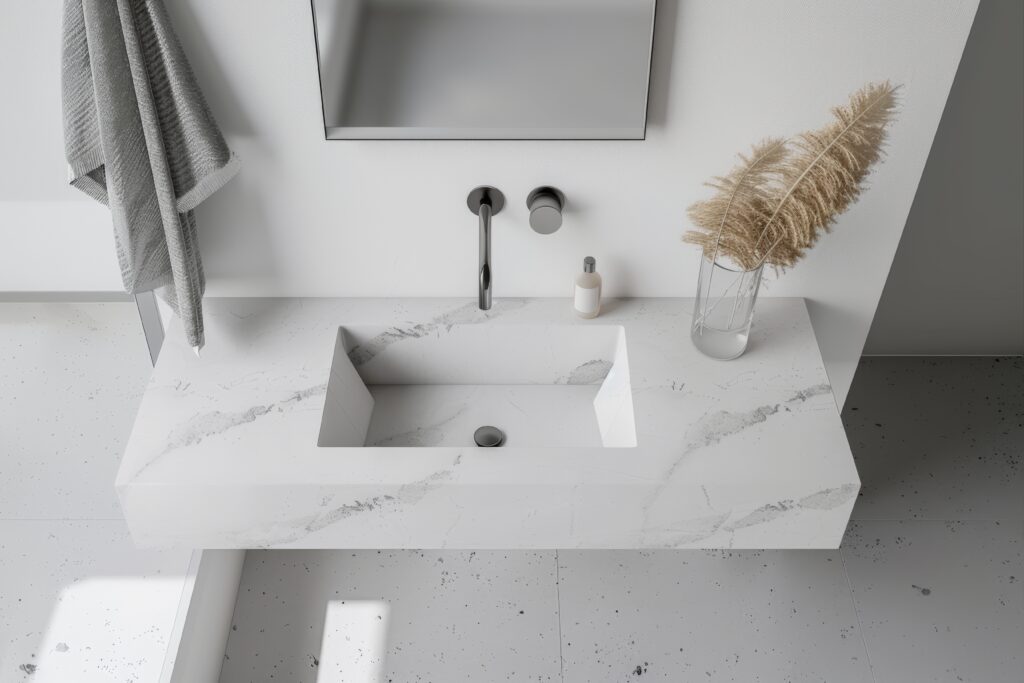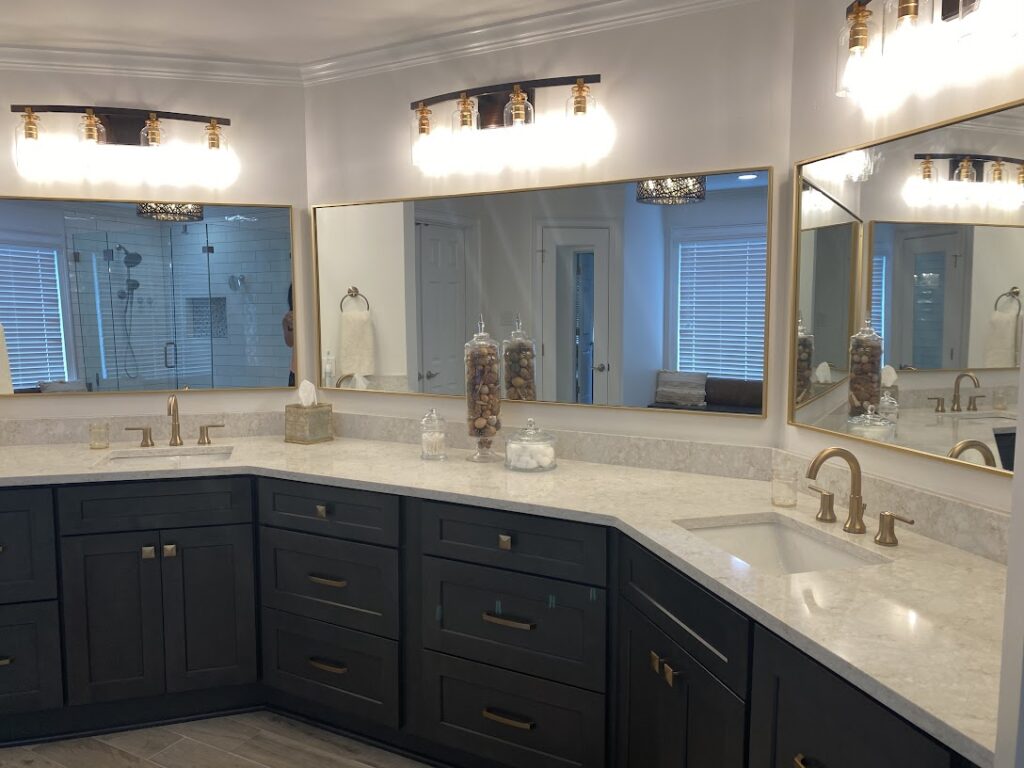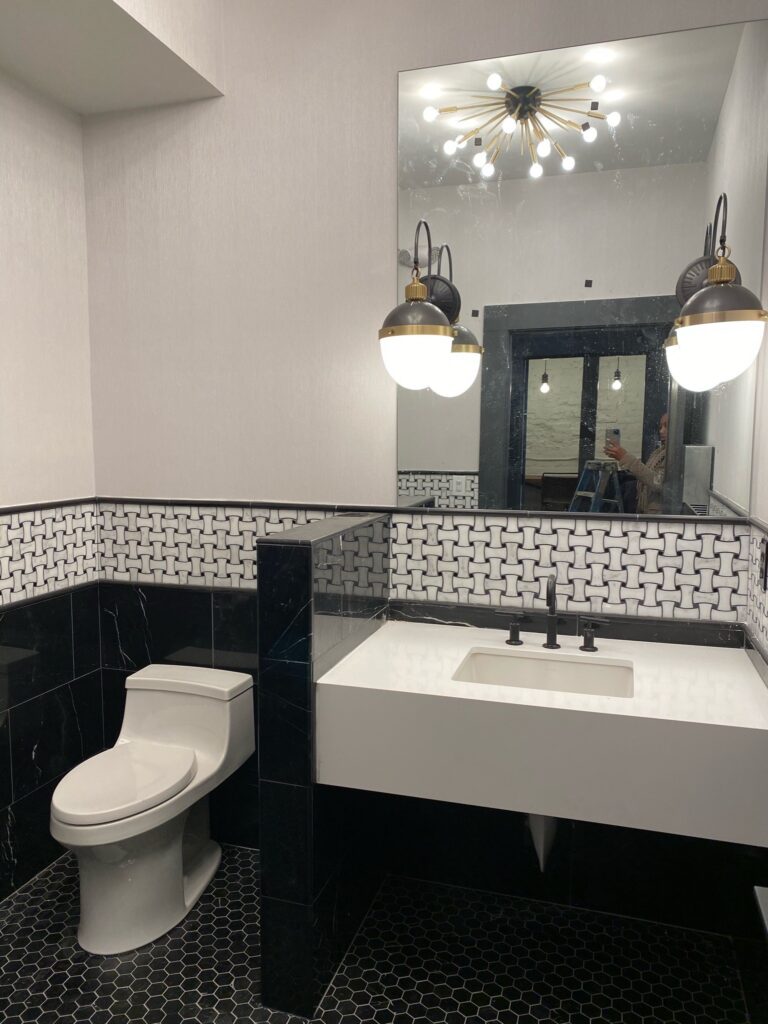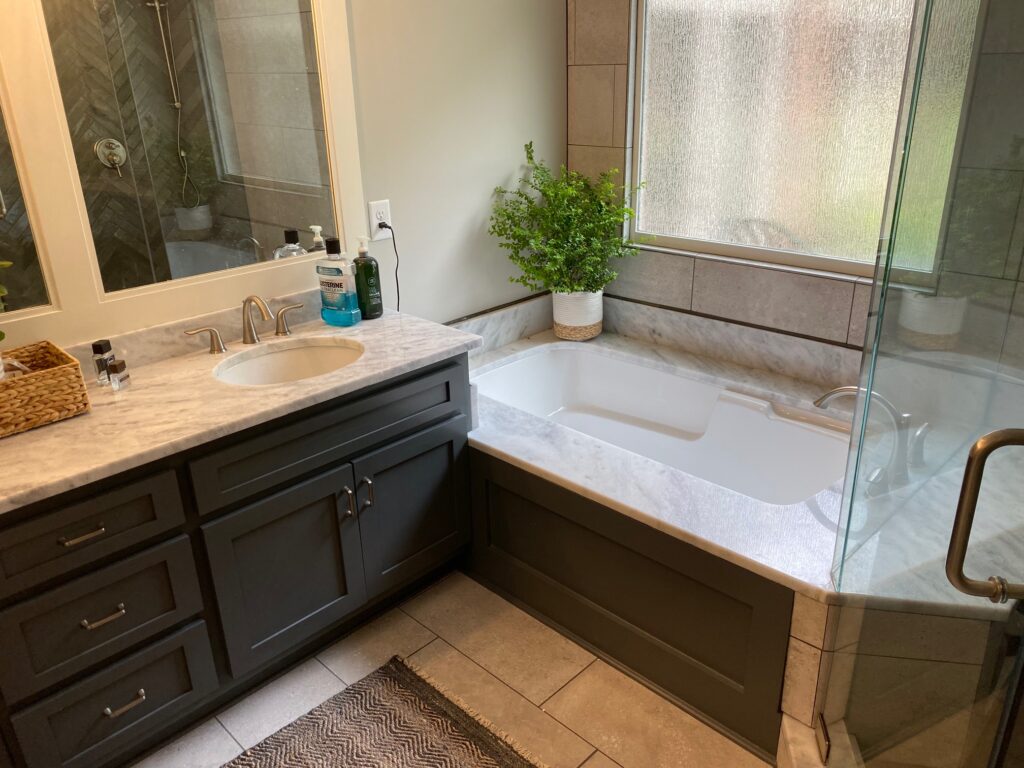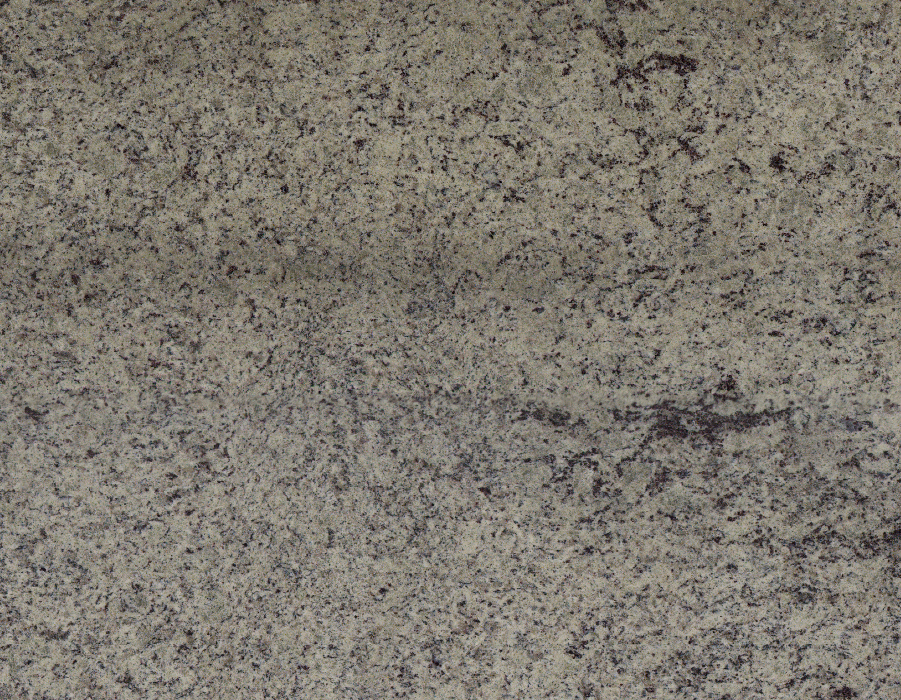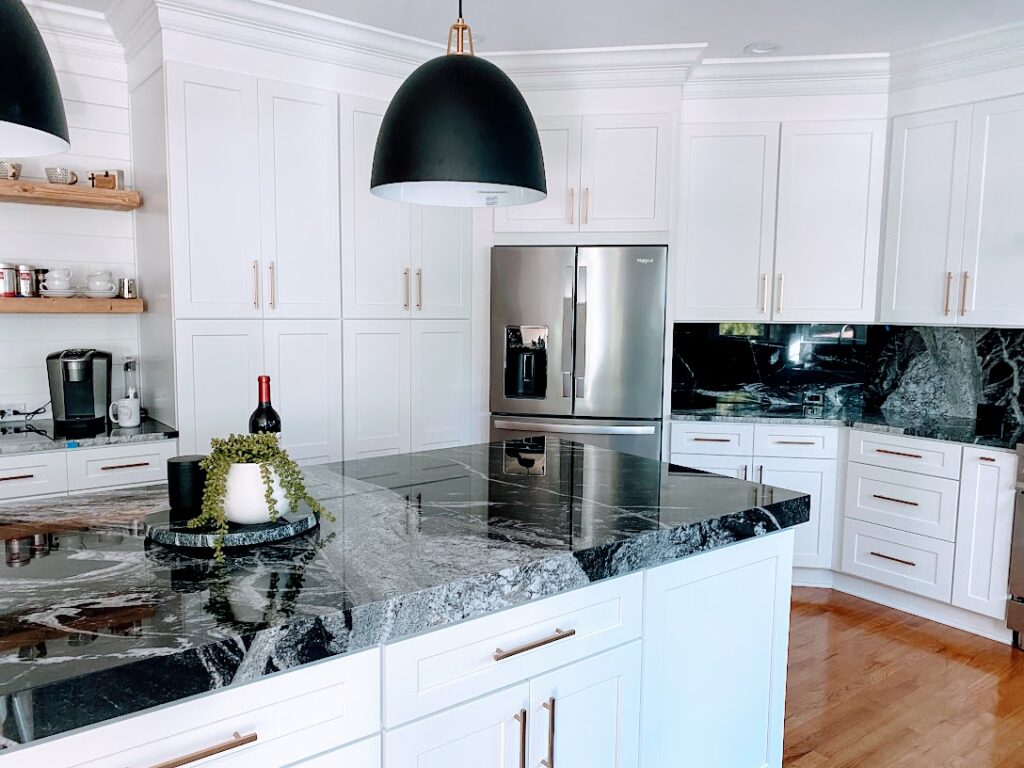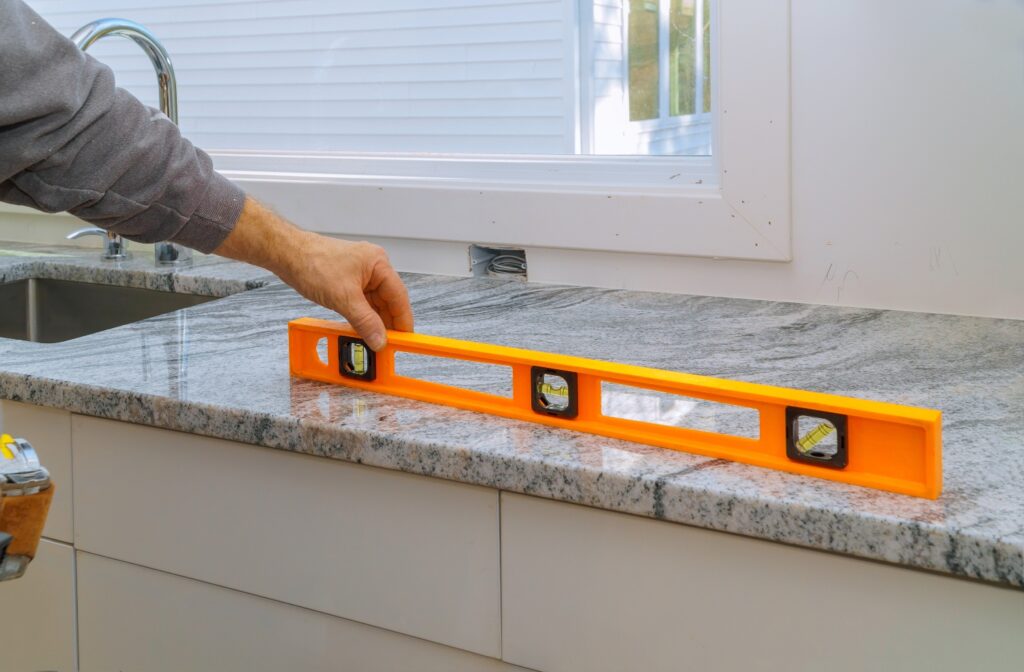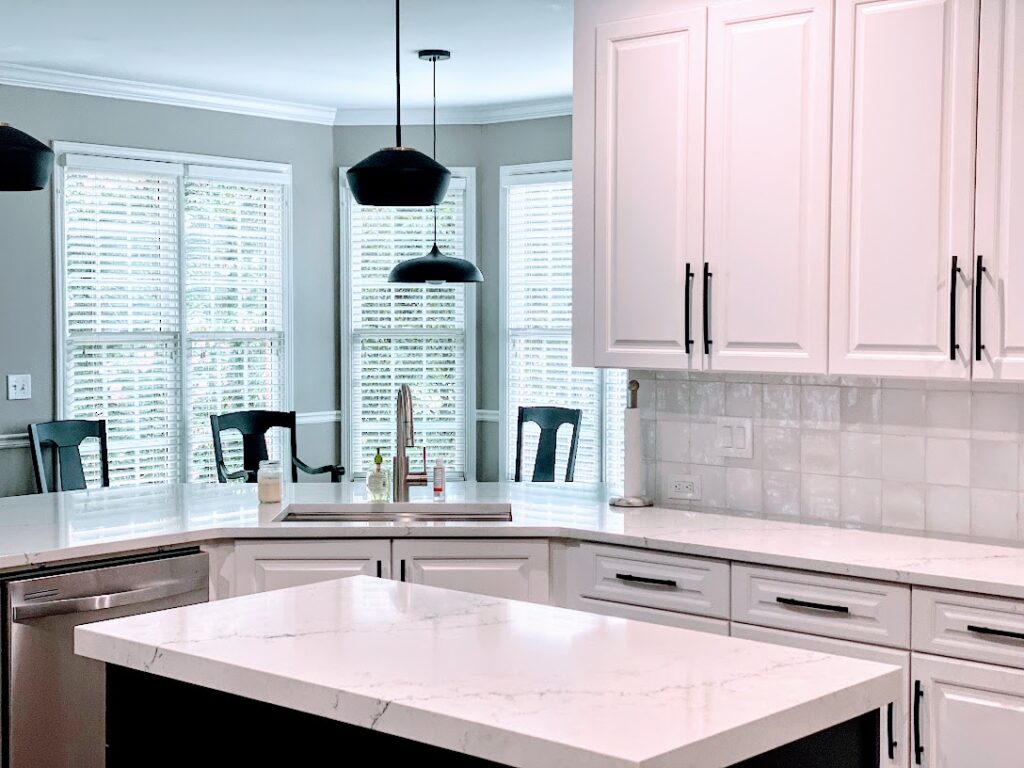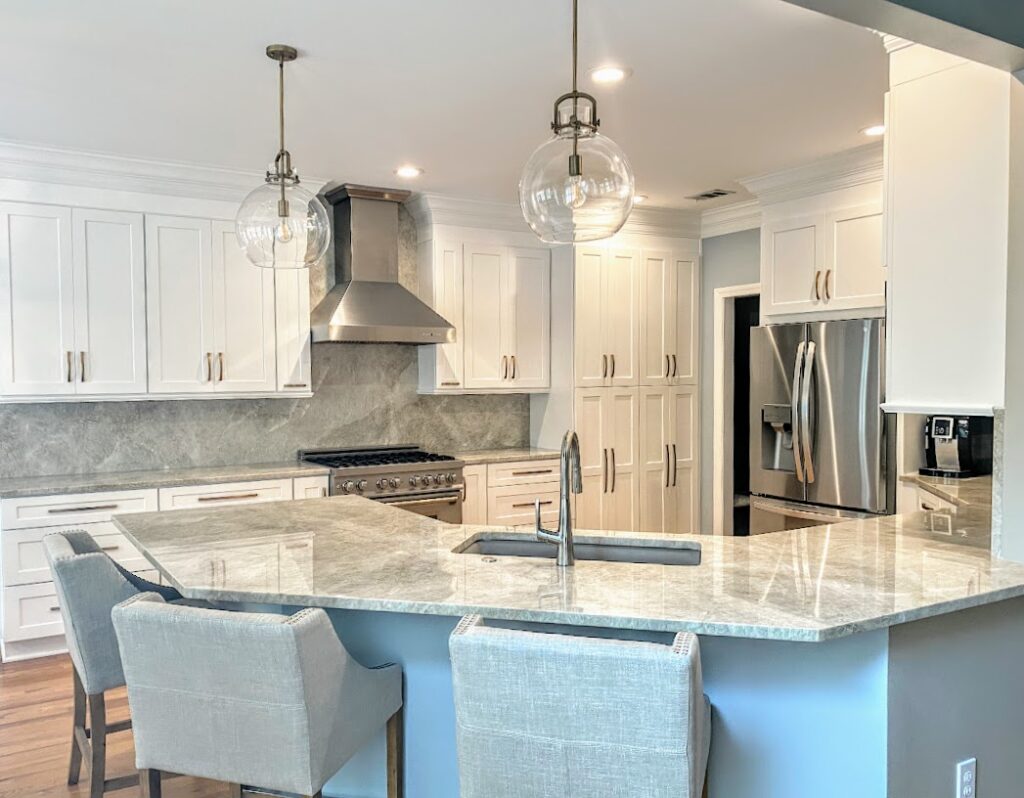Weighing the Pros and Cons of Marble Countertops
Marble countertops are a popular choice for kitchens and bathrooms as they offer natural beauty and durability. However, it is crucial to understand the pros and cons of marble before making a final decision. In this article, we will discuss the specific advantages and disadvantages of marble countertops as compared to other materials.
What is Marble?
Marble is a metamorphic rock that is formed from limestone. It is composed primarily of calcium carbonate, the same mineral that makes up shells and pearls. Over time, the heat and pressure from the earth’s crust cause the limestone to recrystallize and become marble. This gorgeous rock comes in a wide range of colors and patterns, with some of the most popular being white, gray, and black. Because marble is a natural stone, each piece is unique and has its own distinct patterns and veining. Marble has been used for centuries in architecture and sculpture due to its unique beauty and durability. Today, it is a popular choice for countertops in kitchens and bathrooms due to its natural beauty and resilience.
Advantages of Marble Countertops
Heat Resistance
Marble is a natural stone formed from the metamorphism of limestone, making it extremely tough and an ideal option for kitchens due to its heat resistance. Since hot pots and pans are frequently used, it is fine to place them directly on marble, and under normal usage, heat will not damage the surface.
Versatility in Design
Furthermore, marble countertops are highly versatile and can be cut and shaped to fit any space. They are available in a wide range of colors, from classic white and gray to black and even pink.
Unique Natural Beauty
Another crucial advantage of marble countertops is their distinctive natural beauty. Marble is a natural stone excavated from the earth, and each piece has its unique natural veining and patterns, making every marble countertop one-of-a-kind and exclusive. This attribute adds an extra level of luxury to kitchens and bathrooms.
Disadvantages of Marble Countertops
Durability and Longevity
Since it is a porous stone, marble is susceptible to staining and etching and can absorb liquids such as wine or lemon juice and leave behind stains or etches. This necessitates extra care and maintenance to prevent staining and etching. Marble countertops are also susceptible to scratches and chips, which can occur from everyday use or accidental impacts.
Marble countertops also require high maintenance, as they need regular sealing to prevent stains and etches. They should be cleaned with a mild, pH-neutral cleaner, which means they require more care and maintenance than other countertop materials.
Expensive
Another disadvantage of marble countertops is their cost. Marble is a natural stone that is excavated from the earth, making it more expensive than other countertop materials.
Marble Countertops v. Other Countertop Materials
Marble countertops, when compared to other materials like granite and quartz, exhibit distinct pros and cons. Granite is durable and heat-resistant but requires regular sealing to prevent staining, a maintenance aspect that is also necessary for marble due to its vulnerability to staining and etching. Marble, known for its refined and elegant appearance, differs from quartz, a synthetic material. While quartz is durable and requires low maintenance, it cannot emulate the natural sophistication and aesthetic appeal of marble countertops.
Granite
Granite countertops are long-lasting and durable and are resistant to stains and scratches. However, they require regular maintenance, like periodic sealing. And, granite is not considered as luxurious as marble.
Quartz
Quartz countertops are highly durable, resistant to scratches and stains, and require minimal maintenance. However, they are not as heat-resistant as marble and lack the natural beauty of a natural stone countertop.
Solid Surface
Solid surface countertops are durable, non-porous, and easy to maintain. They also come in a variety of colors and patterns. However, they are not as heat-resistant as marble and do not have the natural beauty of a natural stone countertop.
Final Thoughts
Marble countertops are a truly exceptional option for your kitchen and bathroom countertops due to their beauty and durability. However, as with any important decision, it is important to carefully weigh the pros and cons of marble countertops. Every home and individual has unique needs and preferences, which should be taken into account before ultimately deciding whether or not to install marble countertops. It is also important to consider other popular countertop materials such as granite, quartz, and solid surface options, each of which has its own strengths and weaknesses. By exploring all of the available options and making a thoughtful decision, you can ultimately ensure that you choose the perfect countertop material to suit your needs and taste.
Related Posts
Beyond the Countertop: Creative Ways to Use Granite in Your Bathroom
How to Match Granite Countertops with Bathroom Vanities and Cabinets

Val Carvalho is a manager at Atlanta Stone Creations, with nearly two decades of experience in the stone and design industry. In addition to her leadership role, Val plays a key part in sales and design, bringing creativity, precision, and a strong sense of style to every project. Known for her warm and collaborative approach, she builds strong relationships with both her team and her clients. Val is passionate about delivering beautiful, high-quality results and creating an exceptional experience from start to finish.

